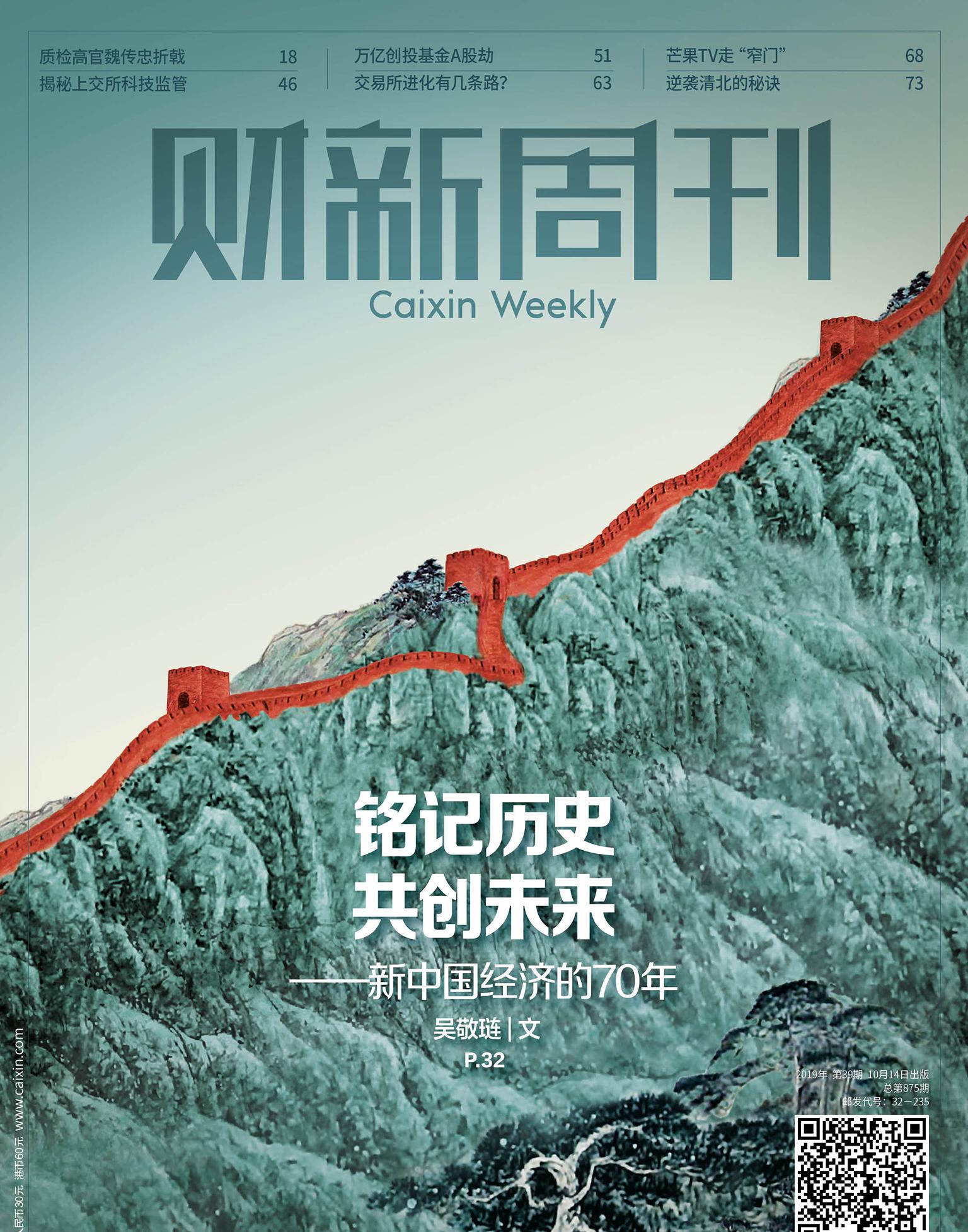Wu Jinglian, a well-known economist, recently published a long article in Caixin Weekly, expressing his review and reflections on China's economy in the past 70 years. The central idea is as the title says: Only by remembering history can we create a future together.
Wu is a witness, thinker and important participant of China's economy in the past 70 years. This article integrates the theoretical thinking of economists with personal experience, and is worth reading carefully by every friend who cares about China's future.

The article looks at institutional change and tells us how expensive the system built up after the Soviet model has cost China's economy. "It is only because of the implementation of market-oriented and rule-of-law reforms since the reform and opening up that we have achieved today's achievements."
The article fully affirms the great success of the strategic deployment of "three years of preparation and ten years of construction" at the beginning of the founding of New China, and also reveals the completion of the "three major transformations" and the subsequent twists and turns, especially how the disaster of the "Cultural Revolution" promoted the formation of the concept of reform. The target model of reform has also been established through arduous exploration, and it was the overall reform in the 1990s that promoted the rise of China's economy. The Third Plenary Session of the Eighteenth Central Committee of the Communist Party of China has ushered in a new era of comprehensively deepening reform, and the key issue is to strengthen enforcement.
China's economy since 1949 has indeed been "magnificent 70 years", but it is not simply "from victory to victory". Elder Wu's article shows that history has experienced many twists and turns: when the reform has made substantial progress, it has won the cheers of the masses due to the rapid development of social economy and the continuous improvement of the people's living standards; but sometimes the reform will be limited to the wavering or even retrogression of the old concepts, or stay on the paper of the document and make the reform stand still, or even take a detour but be dazed.
10 years ago, Elder Wu wrote "60 Years of China's Economy" for us. Considering Elder Wu's advanced age and busyness, the editorial department had compiled an article on the basis of the old text, combined with his recent writings. Wu Laoyi said "no" when he saw it, because he had new thoughts on many problems, and he needed to start over to write.
Just about to start writing, Elder Wu suddenly felt unwell and was urgently hospitalized. Wifi in the ward was intermittent, which seriously affected writing, but he used the ward as a study, often writing until 11 o'clock at night. The doctor placed an alarm on him, and as long as he sat for half an hour, he would sound the alarm. But he said, "As soon as you get into the working state, it's like settling in, and you don't care about it." ”
What is it all about? It is to express the cry in the hearts of people of insight: "Reform is not exhausted, let us work together!" ”
Click to read Elder Wu's long article:
Cover article | Wu Jinglian: Remembering History and Creating the Future Together – 70 Years of New China's Economy